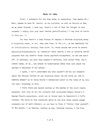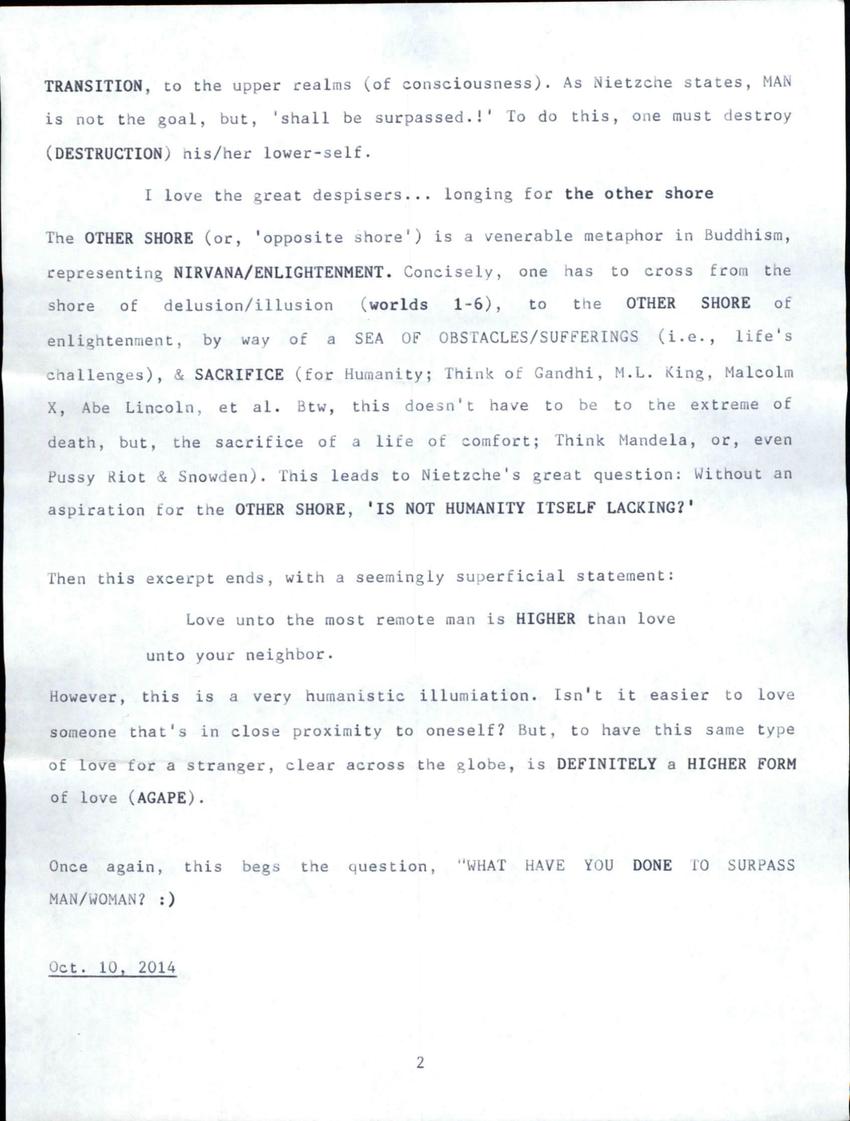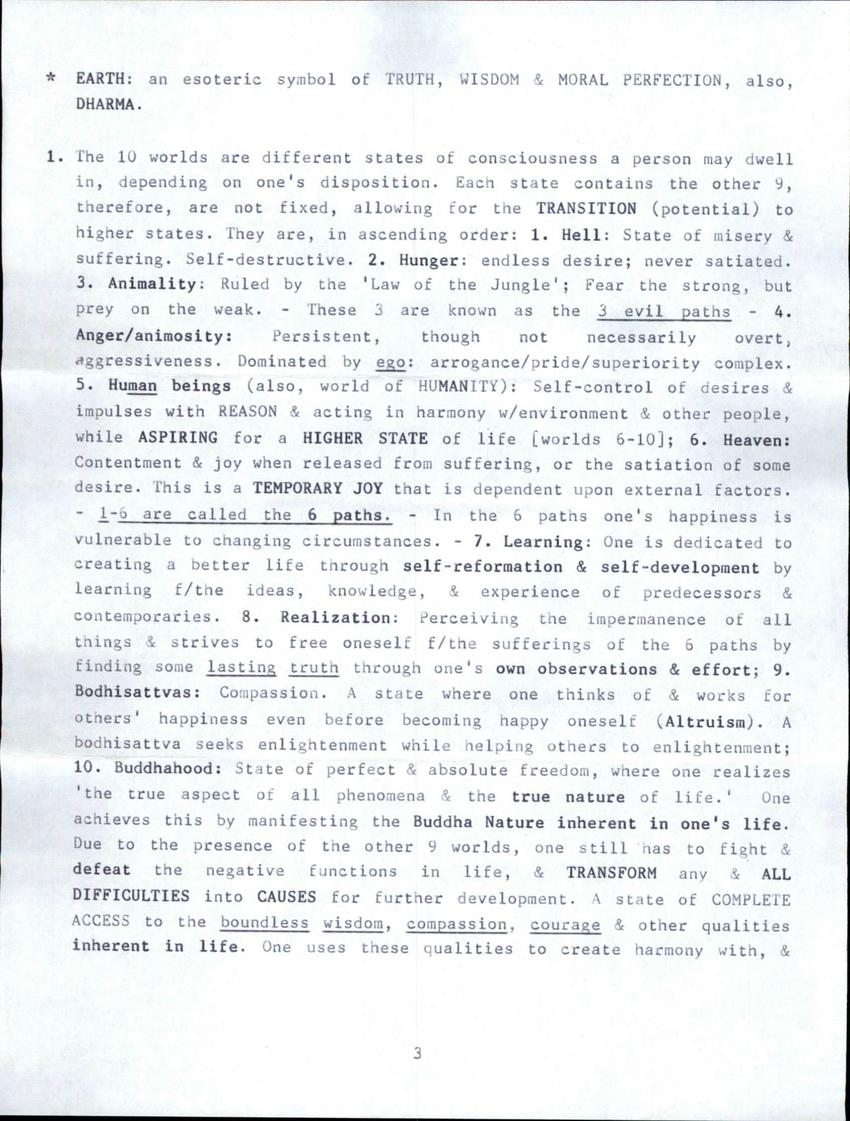
Transcription
Did Nietzche Spake Buddhism?
"Dead are all Gods; now we *WILL* that superman live....
I *teach* you superman. *MAN* is something that *shall*
be SURPASSED. What have you *DONE* to surpass him?...
What is great in MAN is that he is a *BRIDGE* & _not_ a
goal: what can be loved in MAN is that he is a *TRANSITION*
& a *DESTRUCTION*.
I love those who do not know how to live in except in
perishing, for they are those *GOING BEYOND*.
I love the great despisers because they are the
great adorers, they are the arrows of longing for the
*OTHER SHORE*.
I love those _WHO DO NOT *SEEK* BEYOND THE STARS_ for a
reason to perish & be sacrificed, but who *SACRIFICE*
themselves to *EARTH* in order that *EARTH* may some day
become superman's....
It is time for MAN to mark his goal. It is time for
man to plant the *germ* of his *HIGHEST HOPE*....
Tell me, my brethren, if the goal be lacking to humanity, *IS NOT HUMANITY ITSELF LACKING?*...
Love unto the most remote man *IS* higher than love
unto your neighbor."
- Friedrich Nietzche, "Thus Spake Zarathustra," (1883) (Durant, 1961, p.544)
Upon first reading this, I was immediately struck by the similarity between Nietzche's superman & a Buddha. Both are MAN (& WOMAN) in their most exalted state, a principle eloquently codified in the Buddhist concept of *the 10 worlds*. (See note 1)
"What is great in _man_ is that he is a *BRIDGE*... a *TRANSITION*
& a *DESTRUCTION*."
In the 10 worlds HUMAN is found in the middle, as a *BRIDGE*, in the state of *TRANSITION*, to the upper realms (of consciousness). As Nietzche states, MAN is not the goal, but, 'shall be suprassed.!' To do this, one must destroy (*DESTRUCTION*) his/her lower-self.
"I love the great despisers... longing for *the other shore*"
The *OTHER SHORE* (or, 'opposite shore') is a venerable metaphor in Buddhism, representing *NIRVANA/ENLIGHTENMENT*. Concisely, one has to cross from the shore of delusion/illusion (*worlds 1-6*), to the *OTHER SHORE* of enlightenment, by away of a SEA OF OBSTACLES/SUFFERINGS (i.e., life's challenges), & *SACRIFICE* (for Humanity; Think of Gandhi, M.L. King, Malcolm X, Abe Lincoln, et al. Btw, this doesn't have to be to the extreme of death, but, the sacrifice of a life of comfort; Think Mandela, or, even Pussy Riot & Snowden). This leads to Nietzche's great question: Without an aspiration for the *OTHER SHORE*, *'IS NOT HUMANITY ITSELF LACKING?'*
Then this excerpt ends, with a seemingly superficial statement:
"Love unto the most remote man is *HIGHER* than love unto your neighbor."
However, this is a very humanistic illumination. Isn't it easier to love someone that's in close proximity to oneself? But, to have this same type of love for a stranger, clear across the globe, is *DEFINITELY* a *HIGHER FORM* of love (*AGAPE*).
Once again, this begs the question, "WHAT HAVE YOU *DONE* TO SURPASS MAN/WOMAN? :)
Oct. 10, 2014
* EARTH: an esoteric symbol of TRUTH, WISDOM, & MORAL PERFECTION, also, *DHARMA*.
1. The 10 worlds are different states of consciousness a person may dwell in, depending on one's disposition. Each state contains the other 9, therefore, are not fixed, allowing for the *TRANSITION* (potential) to higher states. They are, in ascending order: *1. Hell:* State of misery & suffering. Self-destructive. *2. Hunger:* Endless desire; never satiated. *3: Animality:* Ruled by the 'Law of the Jungle'; Fear the strong, but prey on the weak. - These 3 are known as the __3 evil paths__ - *4. Anger/animosity:* Persistent, though not necessarily overt, aggressiveness. Dominated by _ego_: arrogance/pride/superiority complex. *5* Human beings* (also, world of HUMANITY): Self-control of desires & impulses with REASON & acting in harmony w/environment & other people, while *ASPIRING* for a *HIGHER STATE* of life [worlds 6-10]; *6. Heaven:* Contentment & joy when released from suffering, or the satiation of some desire. This is a *TEMPORARY JOY* that is dependent upon external factors. - _1-6 are called the *6 paths*_. - In the 6 paths one's happiness is vulnerable to changing circumstances. - *7. Learning:* One is dedicated to creating a better life through *self-reformation* & *self-development* by learning f/the ideas, knowledge, & experience of predecessors & contemporaries. *8. Realization:* Perceiving the impermanence of all things & strives to free oneself f/the sufferings of the 6 paths by finding some _lasting truth_ through one's *own observations & effort*; *9. Bodhisattvas:* Compassion. A state where one thinks of & works for others' happiness even before becoming happy oneself (*Altruism*). A bodhisattva seeks enlightenment while helping others to enlightenment; *10. Buddhahood:* State of perfect & absolute freedom, where one realizes 'the true aspect of all phenomena & the *true nature* of life.' One achieves this by manifesting the *Buddha Nature inherent in one's life.* Due to the presence of the other 9 worlds, one still has to fight & *defeat* the negative functions in life, & *TRANSFORM* any & *ALL DIFFICULTIES* into *CAUSES* for further development. A state of COMPLETE ACCESS to the _boundless wisdom_, _compassion_, _courage_ & other qualities *inherent in life*. One uses these qualities to create harmony with, & between *ALL LIFE & NATURE.*
SOURCES
Durant, Will. (1961). _The Story of Philosophy_. (New York, NY: Simon & Schuster, Inc.)
Soka Gakkai Dictionary of Buddhism, The. (2002). (Tokyo, Japan: Soka Gakkai)
Other posts by this author
|
2021 may 22

|
2021 may 22

|
2021 may 22

|
2021 jan 30

|
2021 jan 28

|
2021 jan 26

|
More... |





Replies